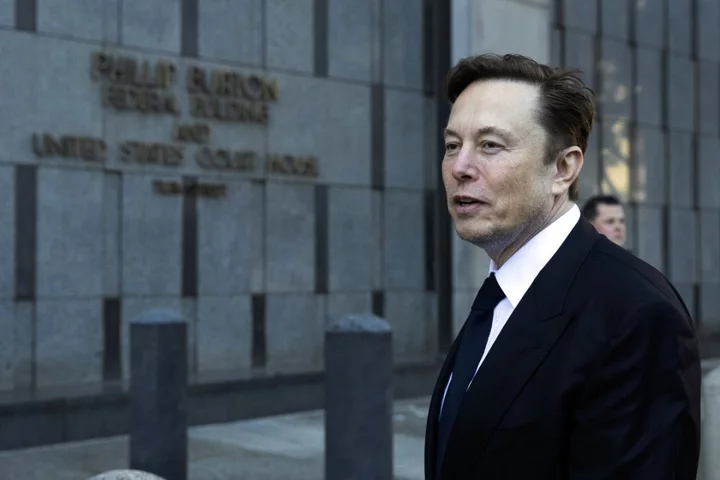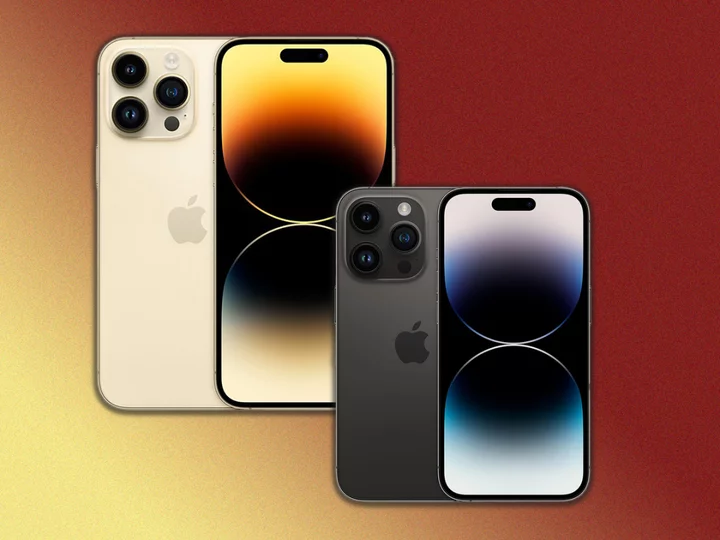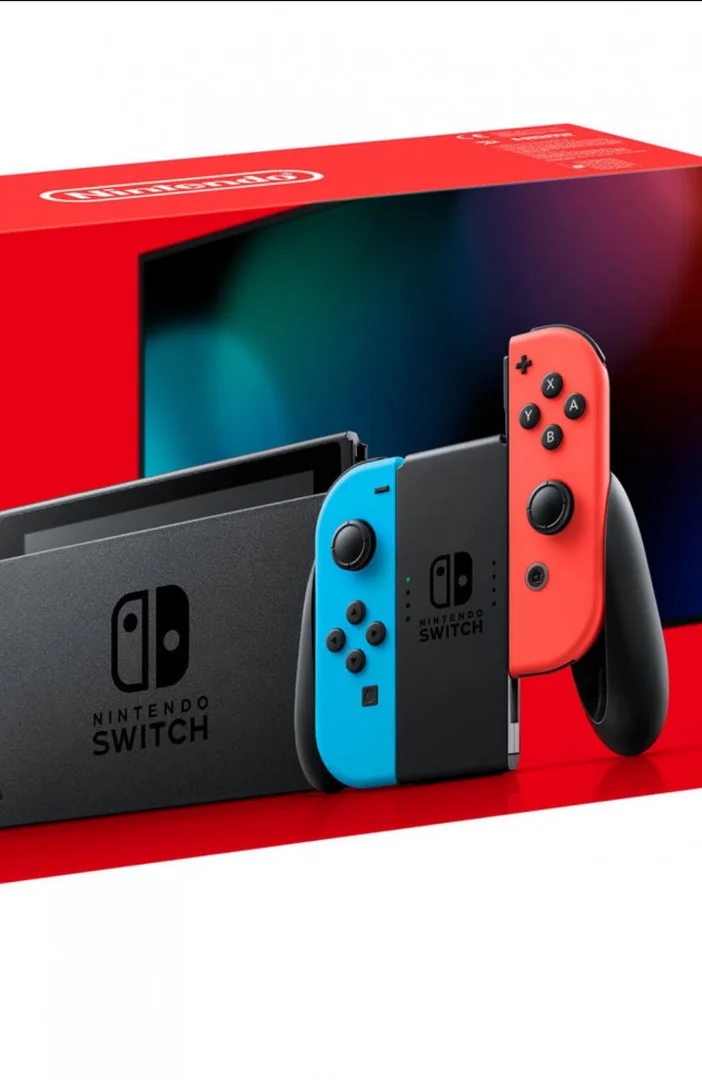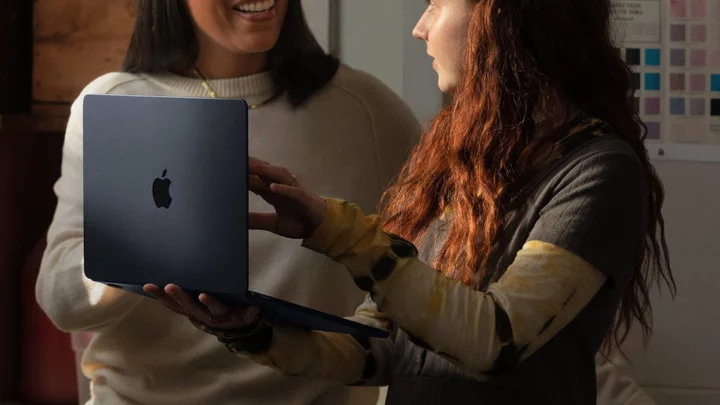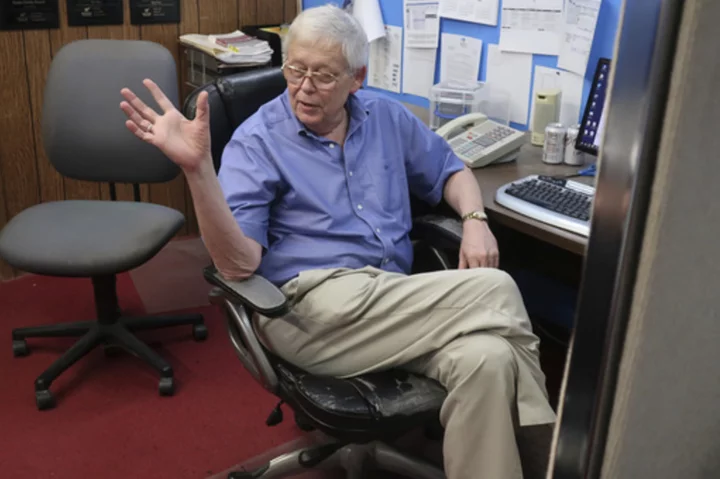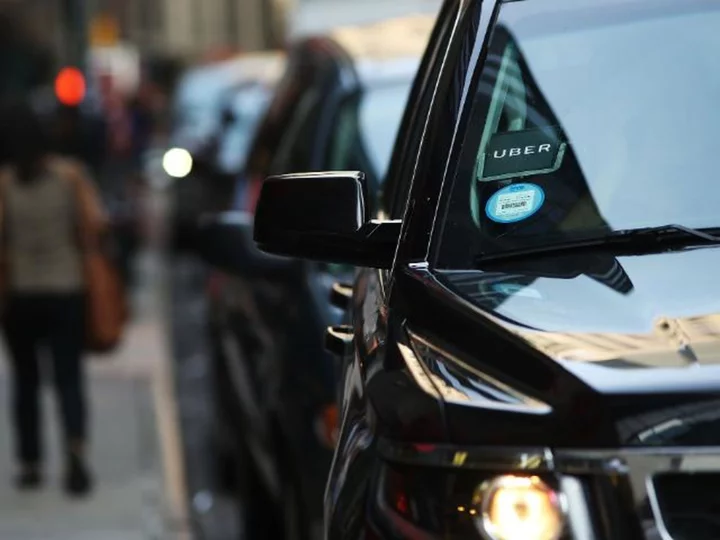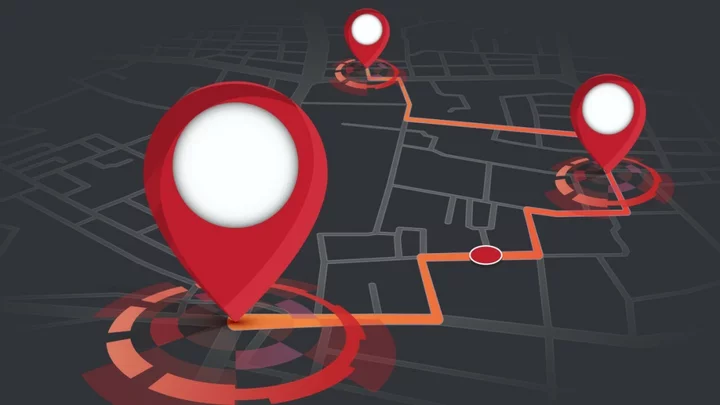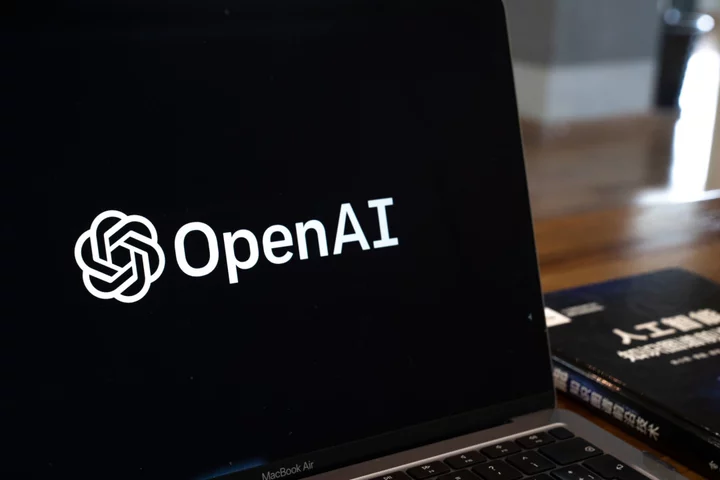Elon Musk reacts angrily to criticism for giving in to governments’ Twitter censorship demands
Twitter boss Elon Musk, who has often touted himself as a champion of free speech, said he had no "actual choice" when accused of caving in to censorship demands made by authoritarian governments. Since the billionaire's takeover in October last year, Twitter has approved 83 per cent more censorship requests from governments such as Turkey and India, El Pais reported. The company reportedly received 971 requests from governments, fully acceding to 808 of them and partially acceding to 154. The year prior to Mr Musk taking control, Twitter agreed to 50 per cent of such requests, which was in line with the compliance rate indicated in the company’s last transparency report. The report, shared by Bloomberg columnist Matthew Yglesias, evoked an angry reaction from Mr Musk. Mr Yglesias tweeted the report with the caption "I’m a free speech absolutist", quoting the Twitter boss. The world's second-richest person shot back, writing: "You're such a numbskull. Please point out where we had an actual choice and we will reverse it." The columnist responded: "Look, I’m not the one who bought Twitter amidst a blaze of proclamations about free speech principles. "Obviously you’re within your rights to run your business however you want." Mr Musk has repeatedly reiterated his backing for free speech both before and since the $44bn acquisition of Twitter. The “absolutist” quote refers to a tweet in March 2022 in the wake of Vladimir Putin’s unprovoked invasion of Ukraine. "Starlink has been told by some governments (not Ukraine) to block Russian news sources. We will not do so unless at gunpoint," Mr Musk tweeted. "Sorry to be a free speech absolutist." Yet Twitter has been accused of helping incumbent Turkish president Recep Tayyip Erdogan stifle criticism by blocking several accounts in the two days before the country’s hotly contested general election. “In response to legal process and to ensure Twitter remains available to the people of Turkey, we have taken action to restrict access to some content in Turkey today,” Twitter’s global government affairs announced, without explaining which tweets would be blocked. Following severe criticism, Mr Musk alleged Twitter has “pushed harder for free speech than any other internet company, including Wokipedia”. Earlier this year in India, Twitter complied after Narendra Modi’s government used emergency powers to ban content related to a BBC documentary on social media. The two-part documentary included a previously unpublished report from the UK Foreign Office that held Mr Modi “directly responsible” for the “climate of impunity” that enabled communal violence in Gujarat state. The riots in February 2002 killed over 1,000 people – most of them Muslims – while Mr Modi was chief minister of the state. Justifying the consent Mr Musk said: "The rules in India for what can appear on social media are quite strict, and we can’t go beyond the laws of a country." He said doing so would put his staff at risk. “If we have a choice of either our people going to prison or us complying with the laws, we will comply with the laws.” Read More Elon Musk tweets quote by neo-Nazi wrongly attributed to Voltaire Erdogan declared winner of Turkey presidential run-off – extending his 20 years in power India uses emergency powers to ban anyone from sharing clips of BBC Modi documentary Elon Musk tweets quote by neo-Nazi wrongly attributed to Voltaire Elon Musk’s Neuralink brain chip company gets FDA approval for human testing AOC jokes more people watched her gaming online than listened to DeSantis launch
Twitter boss Elon Musk, who has often touted himself as a champion of free speech, said he had no "actual choice" when accused of caving in to censorship demands made by authoritarian governments.
Since the billionaire's takeover in October last year, Twitter has approved 83 per cent more censorship requests from governments such as Turkey and India, El Pais reported.
The company reportedly received 971 requests from governments, fully acceding to 808 of them and partially acceding to 154.
The year prior to Mr Musk taking control, Twitter agreed to 50 per cent of such requests, which was in line with the compliance rate indicated in the company’s last transparency report.
The report, shared by Bloomberg columnist Matthew Yglesias, evoked an angry reaction from Mr Musk.
Mr Yglesias tweeted the report with the caption "I’m a free speech absolutist", quoting the Twitter boss.
The world's second-richest person shot back, writing: "You're such a numbskull. Please point out where we had an actual choice and we will reverse it."
The columnist responded: "Look, I’m not the one who bought Twitter amidst a blaze of proclamations about free speech principles.
"Obviously you’re within your rights to run your business however you want."
Mr Musk has repeatedly reiterated his backing for free speech both before and since the $44bn acquisition of Twitter. The “absolutist” quote refers to a tweet in March 2022 in the wake of Vladimir Putin’s unprovoked invasion of Ukraine.
"Starlink has been told by some governments (not Ukraine) to block Russian news sources. We will not do so unless at gunpoint," Mr Musk tweeted. "Sorry to be a free speech absolutist."
Yet Twitter has been accused of helping incumbent Turkish president Recep Tayyip Erdogan stifle criticism by blocking several accounts in the two days before the country’s hotly contested general election.
“In response to legal process and to ensure Twitter remains available to the people of Turkey, we have taken action to restrict access to some content in Turkey today,” Twitter’s global government affairs announced, without explaining which tweets would be blocked.
Following severe criticism, Mr Musk alleged Twitter has “pushed harder for free speech than any other internet company, including Wokipedia”.
Earlier this year in India, Twitter complied after Narendra Modi’s government used emergency powers to ban content related to a BBC documentary on social media.
The two-part documentary included a previously unpublished report from the UK Foreign Office that held Mr Modi “directly responsible” for the “climate of impunity” that enabled communal violence in Gujarat state.
The riots in February 2002 killed over 1,000 people – most of them Muslims – while Mr Modi was chief minister of the state.
Justifying the consent Mr Musk said: "The rules in India for what can appear on social media are quite strict, and we can’t go beyond the laws of a country." He said doing so would put his staff at risk.
“If we have a choice of either our people going to prison or us complying with the laws, we will comply with the laws.”
Read More
Elon Musk tweets quote by neo-Nazi wrongly attributed to Voltaire
Erdogan declared winner of Turkey presidential run-off – extending his 20 years in power
India uses emergency powers to ban anyone from sharing clips of BBC Modi documentary
Elon Musk tweets quote by neo-Nazi wrongly attributed to Voltaire
Elon Musk’s Neuralink brain chip company gets FDA approval for human testing
AOC jokes more people watched her gaming online than listened to DeSantis launch

